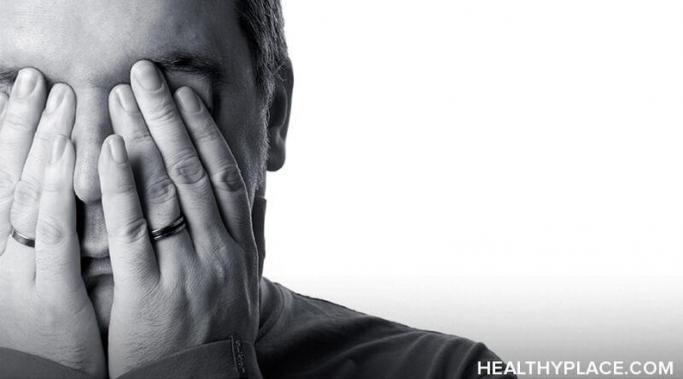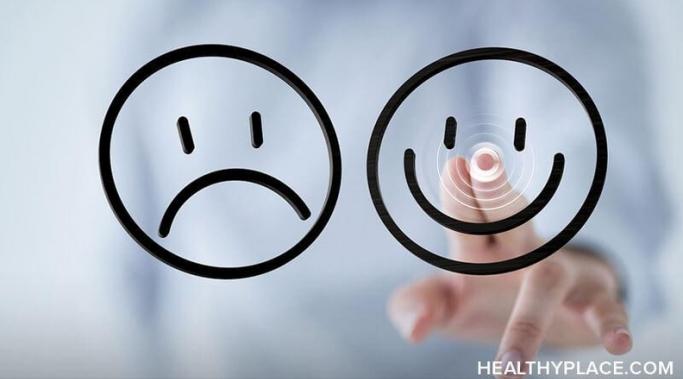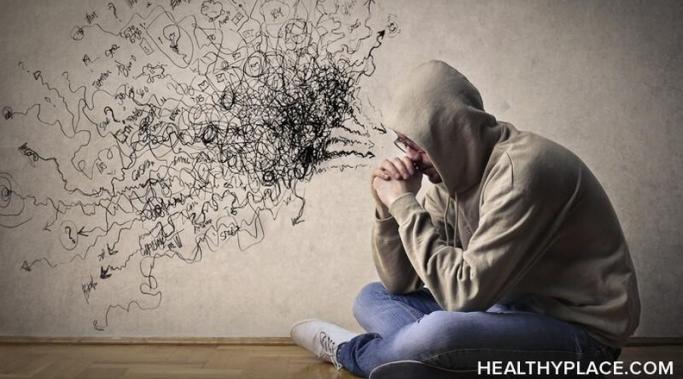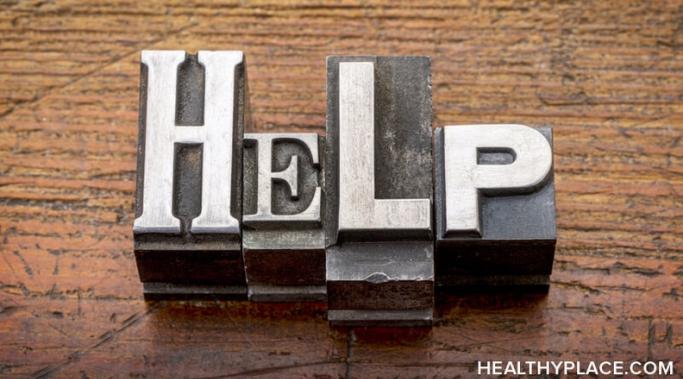As a victim of verbal abuse, I've slowly realized that I may never be totally free of the aftereffects of verbal abuse. Although I can spend hours, weeks, and years in therapy, there will always be a small part of it that is meshed inside my mind. I can use all the helpful tips and tricks my therapist gives me to handle that nagging voice I hear from my past, but it often doesn't work on my bad days.
Stop Abuse
Verbal abuse can rear its ugly head anywhere to anyone, including children in a school setting. Unfortunately, it can be more than a child's peers who use name-calling or teasing to get the attention they want. In some situations, the trusted adults in the classroom who receive payment to guide our children and help them learn are the ones throwing around insults and demeaning kids. Verbal abuse can happen at school.
Recovering from a verbally abusive situation is not an easy journey for most people, including myself. The internal damage to my psyche that I endured for years has shaped how I react to certain situations and the choices I make in my life. Part of my personal healing journey is learning how to retrain my brain to think and process my circumstances differently.
One of the most challenging aspects of being a victim of verbal abuse is managing your triggers. As I progress through my healing journey, I am slowly learning how to handle these situations better than before. The most crucial element for me is to remember to avoid falling automatically into a reactive mode when this occurs.
Until only a few years ago, I had no idea how difficult my life would become once I started sharing my story of being a victim of abuse. Although some people close to me already knew some basic information, I kept most of the details to myself. However, as I began my healing journey, it became more necessary for me to share my abuse story so I could move forward and leave my past behind me.
For many verbal abuse victims, like myself, one of the most challenging aspects of moving forward is accepting the reality of the situation. I had an extremely difficult time in my healing journey until I realized that I could never have the relationship with my abuser that I wanted.
As a victim of verbal abuse, I know how challenging it can be to maintain a continuous fight, flight, or freeze mode daily. Consequently, even after leaving an abusive situation, my brain and body remained in that familiar state. Therefore, as I moved through therapy, one of the methods presented to me was to take a break from absolutely everything. Thankfully, with intensive therapy and the support of friends and loved ones, I found that taking these periodic breaks from my daily routine was beneficial for my healing.
One common trait of abuse victims I've noticed is their resiliency. I found that through the years, I perfected being self-sufficient. This admirable attribute is not as terrific as some may believe, however. My ability to tackle struggles on my own without asking for help is a negative side effect of years of abuse.
Verbal abuse victims can have a negative inner dialog that will haunt them during abuse and long afterward. These prevalent thoughts are not theirs but come from their abusers and continue to destroy their self-esteem even as adults. My situation is challenging since I can still hear the negative words from my childhood, but they also correlate with verbal abuse from adult relationships. For myself, having similar experiences as a child and an adult reinforced the fact that I am not worthy and cannot make the best decisions or do the right things.
Have you ever wondered why you constantly have bad relationships or attract the wrong type of people who exhibit abusive behaviors? For years, I thought there must be something wrong with me, and those were the only kind of partners that wanted me or that I could have. However, after years of therapy and some self-exploration, I've realized that even though abusive partners should not abuse, part of the problem was my choices at the beginning of the relationship.









